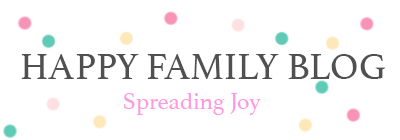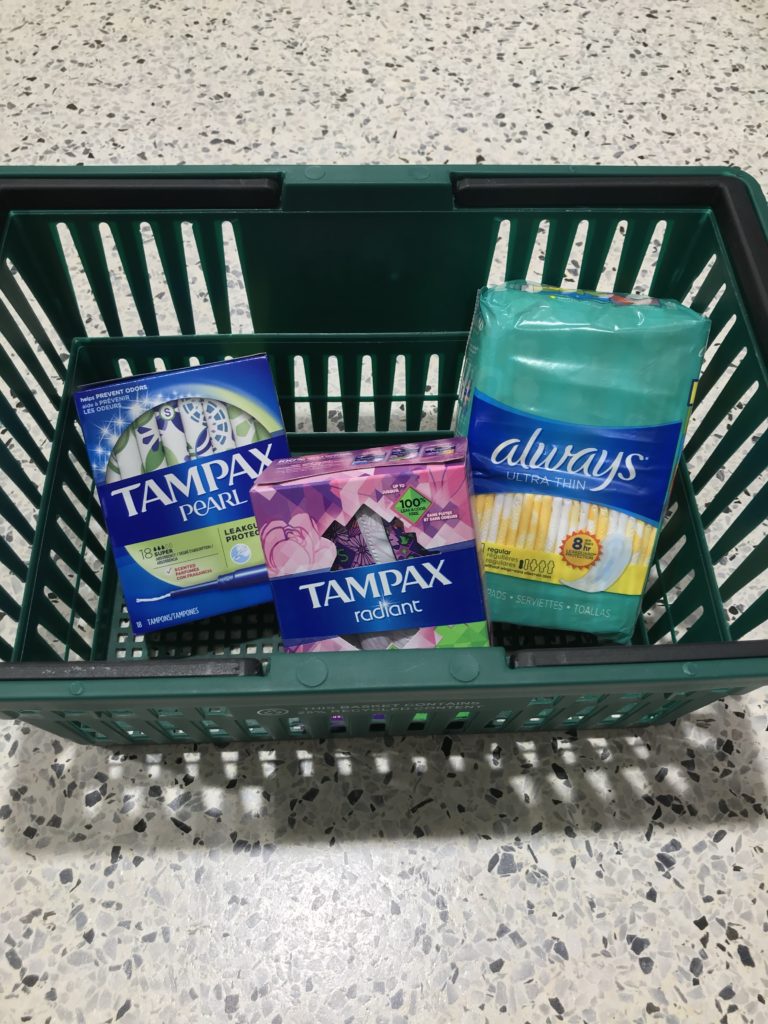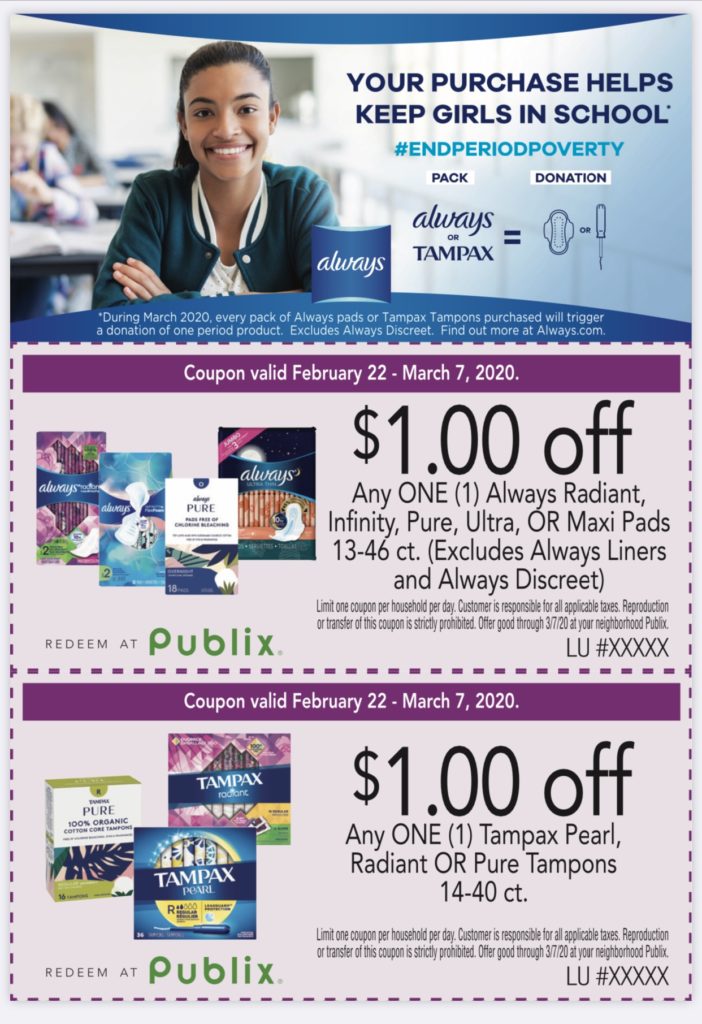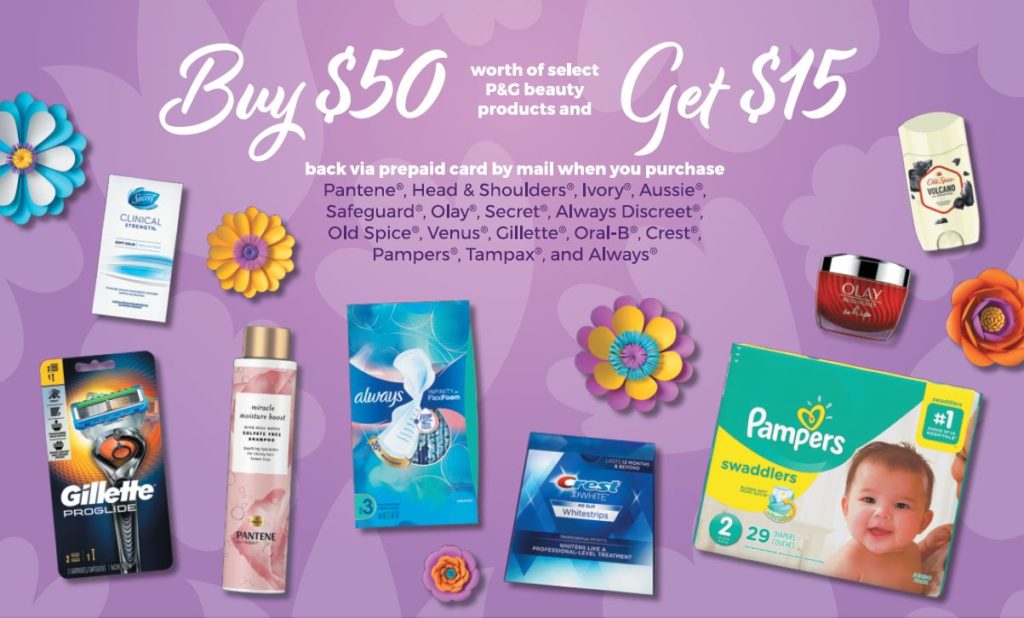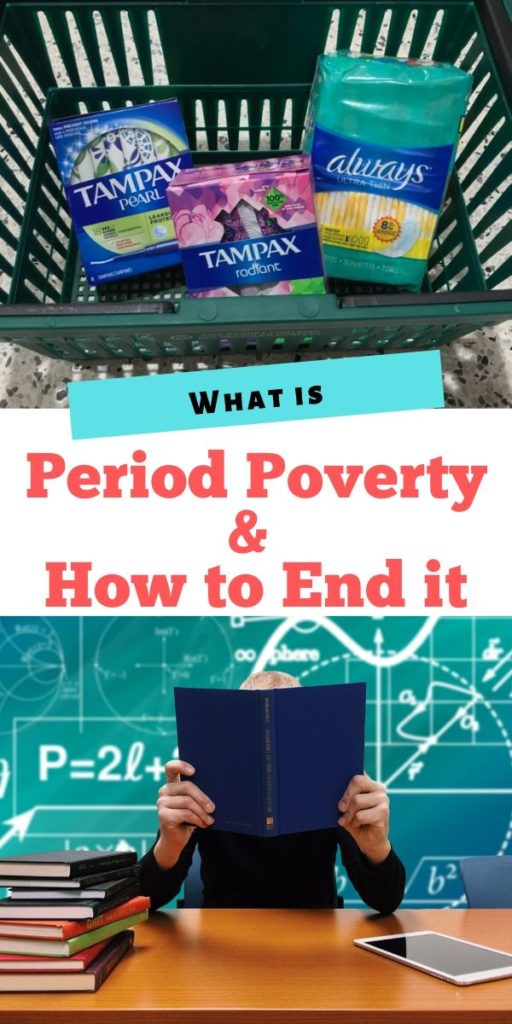Learn what is period poverty, who is affect by it. And how you can do your part to end period poverty. #EndPeriodPoverty
Thank you to P&G for sponsoring this post. As always opinions are 100% my own
What is Period Poverty
According to the American Medical Woman's Association Period Poverty refers to the inadequate access to menstrual hygiene tools and educations, including but not limited to sanitary products, washing facilities, and waste management.
The average woman spends 7 years of her life menstruating. It is simply part of being a woman. For many of us periods are annoying and inconvenient because of symptoms like PMS that come with painful cramps and bloating. For millions of other girls and women in the United States, having their period is much more than in inconvenience due to lack of access to period supplies and lack of income.
Who is Affected?
Students and homeless women and girls are the groups who are most impacted by period poverty.
In fact, according to The Always Confidence and Puberty Wave VI Survey (conducted by the company that makes Always feminine hygiene products) found that nearly one in five girls in the US have either left school early or missed school entirely and face certain stigma because they did not have access to period products. At puberty, many girl’s confidence plummets, with the onset of menstruation marking the lowest point.
Period poverty is a worldwide issue including woman In the United States. Did you know that American women are 38% more likely to live in poverty than men? Families with limited means often have to choose between buying period supplies and eating — or worse, between buying tampons and feeding their children.
What are the Causes?
The “Pink Tax”, or “Tampon Tax”, also contributes to period poverty as well. 35 U.S. states tax period products as non-essential items, whereas, men’s grooming products and erectile dysfunction medication are not taxed. Additionally, food stamps do not cover menstrual products for women living below the poverty line. Schools and federal prisons have recently begun improving the accessibility within their facilities, but that is just a start.
Women cannot use public benefits like food stamps to buy tampons or pads. These essential products are not included in flexible or health spending account allowances. They are not covered by health insurance or Medicaid. And despite being a necessity for half the population, they are not regularly offered for free in public restrooms.
What can you do to End Period Poverty?
Partner with Always and Tampax
Always and Tampax want to help #EndPeriodPoverty to Keep Girls in School and Confident. For the next two weeks at Publix not only can you find incredible savings, but you can also help support this amazing cause. Join other Always consumers in donating period products to woman in need. Thanks to consumers like you Always has been able to donate over 32 million period products.
- During the month of March, every pack of Always pads or Tampax Tampons purchased will trigger a donation of one period product. Added bonus you can also save a $1 off Always or Tampax products at Publix with the coupon below.
- Now is a great time to stock up on period products by P&G and other beauty products because when you Buy $50, You Get $15 Rebate
Advocate to End Period Poverty
You can also get into advocating for Menstrual Equality with your local legislators.
In March, Congresswoman Grace Meng, D-New York announced the Menstrual Equity for All Act before Congress. The first comprehensive bill to address the challenges that women and girls face in obtaining feminine hygiene products in America. The bill would make menstrual hygiene products free for women in prison. It would allow states to use federal funds to supply pads to girls in school. And it would require that these products be covered by Medicaid.
"When I first began talking about tampons and tax policy, testifying in front of mostly male colleagues on the House Ways and Means Committee," Meng said at the announcement. "There were a lot of people who thought and told me that I shouldn't be talking about these types of things in public. As if because I am a woman, and I talk about menstruation. That I will be seen as someone who is not serious and who focuses on issues that are not important. But we all know here that this is a very serious issue. And it is very important."
Access to menstrual hygiene products is often times overlooked, but it is an essential component of women's rights.
